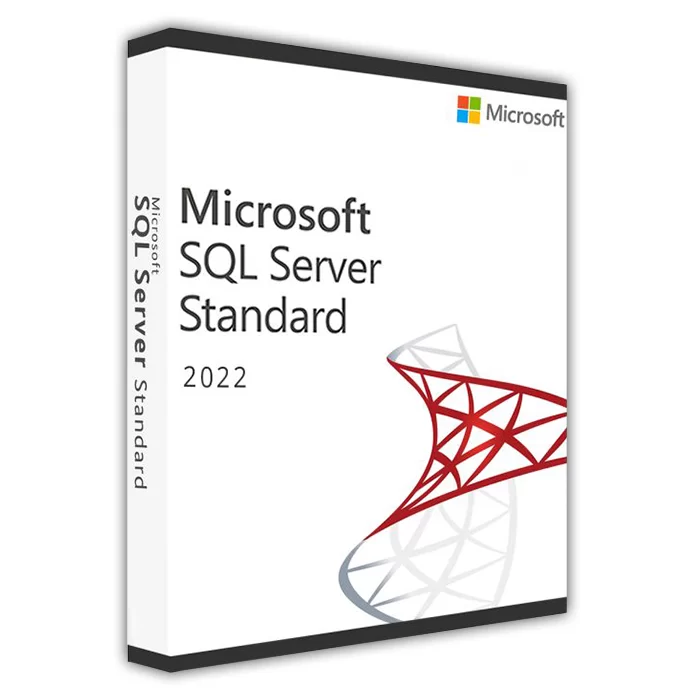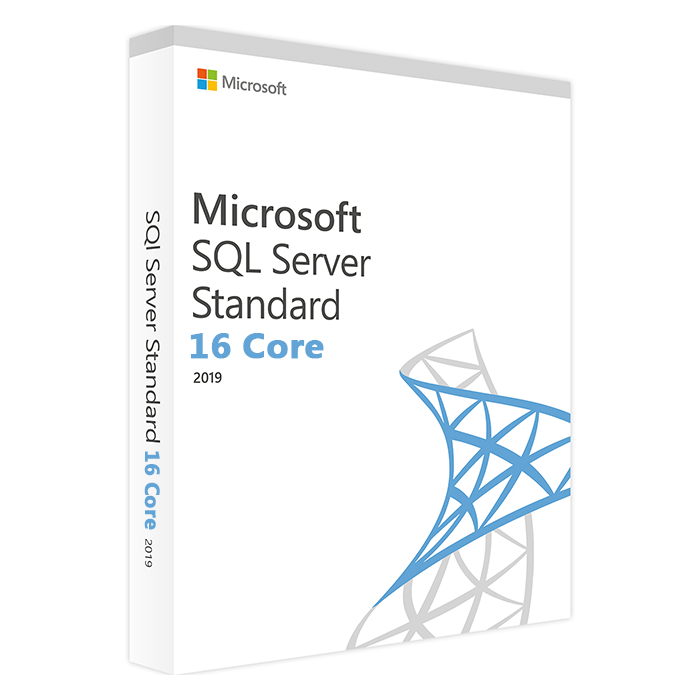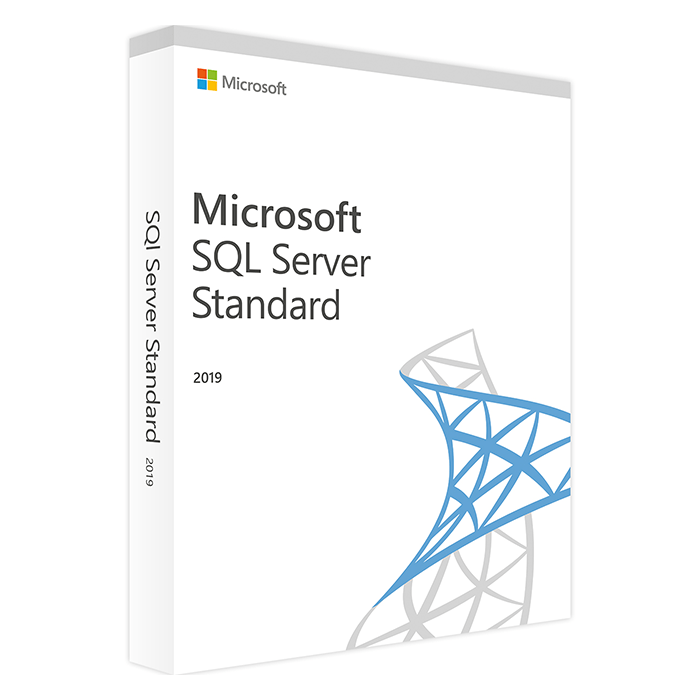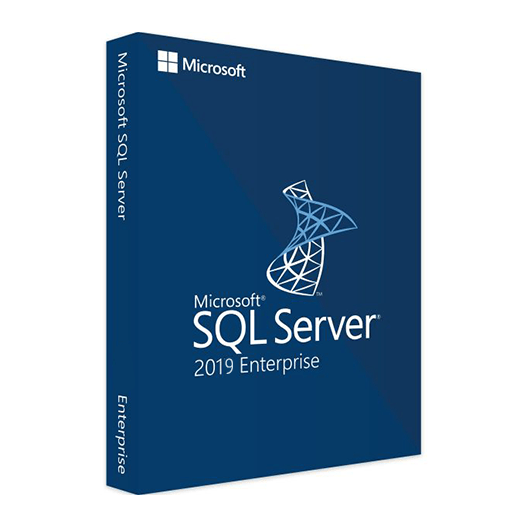Home » SQL Server Data Encryption: Securing Sensitive Information
SQL Server Data Encryption: Securing Sensitive Information
Data security is a paramount concern for organizations that handle sensitive information. SQL Server, as a leading database management system, offers robust data encryption techniques to protect sensitive data from unauthorized access and breaches. In this guide, we’ll explore SQL Server data encryption techniques for enhancing the security of your database.
The Importance of Data Encryption
Data encryption is vital for safeguarding sensitive information for several reasons:
- Data Protection: Encryption ensures that even if unauthorized access occurs, the data remains unreadable.
- Regulatory Compliance: Many regulations and compliance standards require data encryption to protect sensitive data.
- Data Privacy: Encryption helps maintain data privacy and confidentiality, building trust with customers and partners.
SQL Server Data Encryption Options
Transparent Data Encryption (TDE)
TDE encrypts the entire database at rest, providing encryption at the file level. This ensures that data files and backups are encrypted.
Cell-Level Encryption
Cell-level encryption, also known as column-level encryption, allows you to encrypt specific columns within a table. This provides granular control over which data is encrypted.
Always Encrypted
Always Encrypted is a feature that allows applications to encrypt sensitive data before it’s sent to SQL Server. The data remains encrypted even during processing.
Dynamic Data Masking
Dynamic Data Masking allows you to restrict the exposure of sensitive data by masking it for non-privileged users. While data is still stored in an encrypted form, it appears masked when queried by unauthorized users.
Transparent Data Masking
Transparent Data Masking is similar to Dynamic Data Masking but operates at the database level. It’s useful for protecting data in non-production environments.
Best Practices for SQL Server Data Encryption
Determine Data Sensitivity
Identify sensitive data that requires encryption, such as personally identifiable information (PII) or financial data.
Use Strong Encryption Algorithms
Choose strong encryption algorithms and key lengths to ensure data protection.
Key Management
Implement robust key management practices, including key rotation and secure key storage.
Secure Your Infrastructure
Protect the entire infrastructure, including the database server, from unauthorized access.
Backup Encryption
Ensure that database backups are also encrypted to maintain security throughout the data’s lifecycle.
Monitor and Audit
Implement monitoring and auditing to detect any unauthorized access attempts or breaches.
Compliance and Regulations
Understand the data protection regulations applicable to your industry and ensure that your data encryption practices comply with these standards.
Testing and Validation
Test your data encryption implementations thoroughly to ensure that encryption and decryption processes work as intended.
SQL Server data encryption is a crucial component of a comprehensive data security strategy. By implementing the appropriate encryption techniques, following best practices, and staying compliant with relevant regulations, you can protect sensitive information, build trust with stakeholders, and enhance the overall security of your database.
Recent posts

SQL Server Views: Simplifying Complex Queries
Explore SQL Server views to streamline complex queries, enhance data accessibility, and improve database management.

Introduction to SQL Server Triggers: Creating Automated Responses
Explore SQL Server triggers and learn how to create automated responses to database events for enhanced functionality.

SQL Server Tables: Creating, Modifying, and Deleting
Learn how to create, modify, and delete tables in SQL Server databases for effective data organization.





